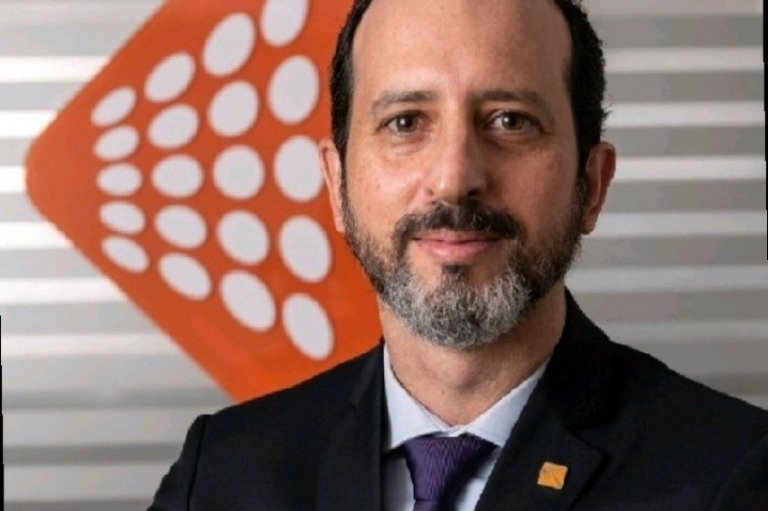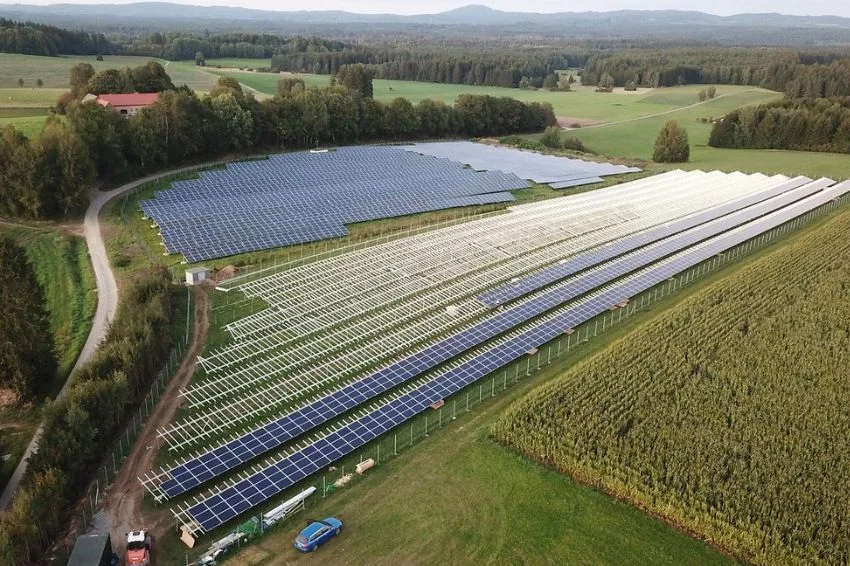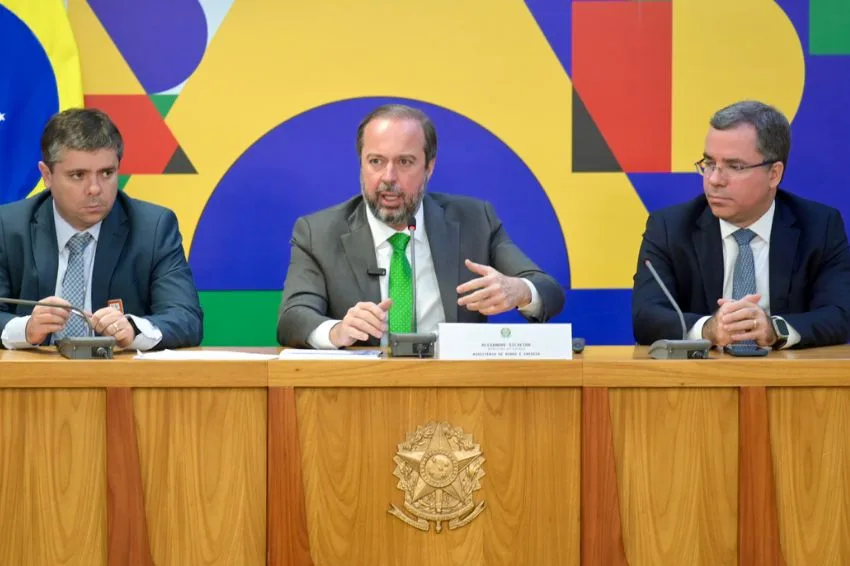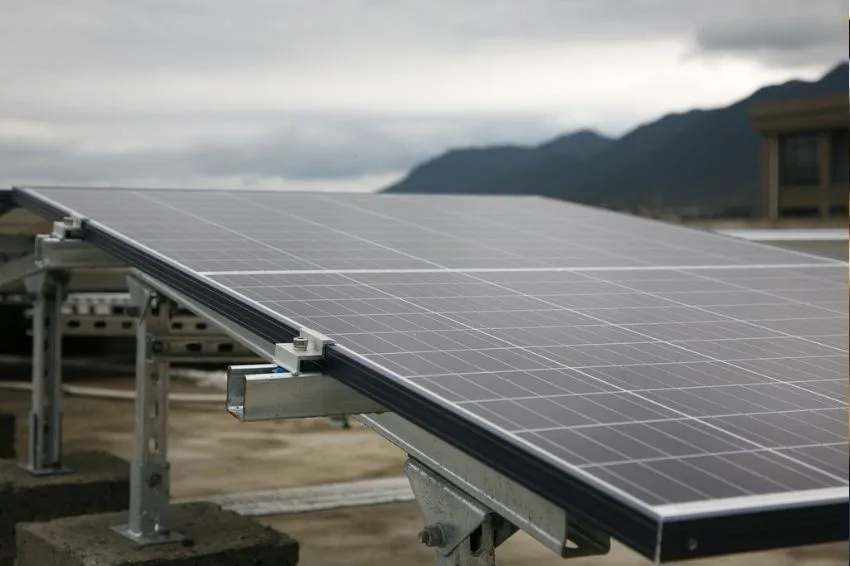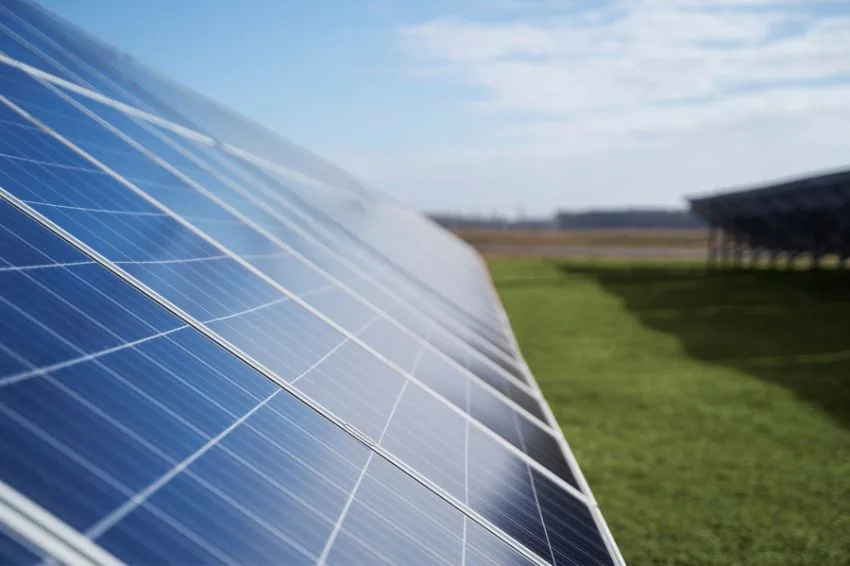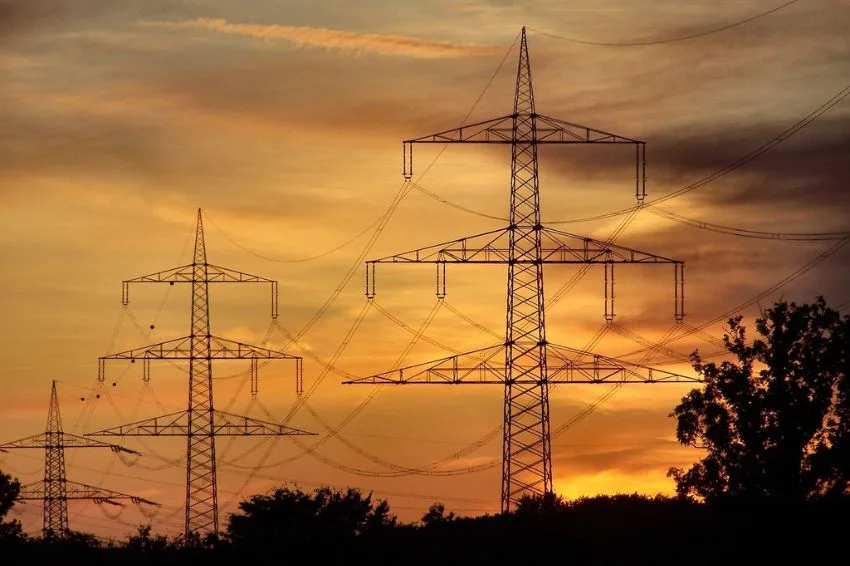A Brazilian Association of Electricity Distributors (Abradee) announced that he will work with the Federal Court of Justice (STF) for reducing the Tax on Circulation of Goods and Services (ICMS) on electrical energy.
The entity's Institutional and Legal director, Wagner Ferreira, states that Complementary Law 194/2022, which established a ceiling of 18% for the tax, It is constitutional and must prevail.
According to Abradee, Law 194/22 proved a significant reduction in the electricity bill, however the STF took a step back by granting an injunction in favor of a group of states. “Abradee will work so that the Court’s plenary has access to all the effects of the decision and can validate the reduction in ICMS on electricity”, says Ferreira.
In a decision last Thursday (09), Minister Luiz Fux accepted the governors' plea and suspended sections of the Complementary Law that excluded tariffs for the use of distribution (TUSD) and transmission (TUST) systems from the ICMS calculation basis. in addition to sectoral charges.
Read more:
STF decision on ICMS creates legal uncertainty in the sector, says Luiz Eduardo Barata
Governors went to the STF claiming that the Complementary Law in question would be unconstitutional, since the states should legislate on the taxation of services. In ABRADEE's view, the reduction is legal and should be maintained, as it is the National Congress that decides what is a tax base or not.
“The state has the power to make decisions, but the National Congress is the one who determines the conceptual tax basis. ICMS should not be levied on distribution, transmission and sectoral services”, explains Ferreira.
Impact on the consumer
States that have already adjusted the ICMS calculation basis in compliance with law 194/2022 will see an increase in their electricity bill of around 10%. On the other hand, those states that had not yet adjusted the new regulations will benefit from the STF's decision.
“Those states that resisted complying with the law since August last year, precisely because they did not want to reduce taxes, in a way will not see any changes. Their status is the same as last year: they continued to charge ICMS on that calculation basis, which is distribution, transmission services and sectoral charges. Victory for the states and defeat for the population”, analyzes the director of Abradee.
Wagner Ferreira also remembers that tax reduction is positive for the States, as it improves citizens' lives. “The governor may initially experience a reduction in revenue. However, it incurs more taxation due to the increase in the citizen's purchasing power, accelerating the generation of wealth and business, enhancing development”, he explains.
Since the implementation of Law 194/22, only the Federal District, Minas Gerais, Rondônia, Espírito Santo, Santa Catarina, Paraná and Rio Grande do Sul had completely regulated the reduction of ICMS.


